Exploring Social Media’s Negative Impact on Happiness
This post may contain affiliate links.
Research on the long-term consequences of social media platforms like TikTok, Instagram, and Facebook is still in its early stages. However, there is a widely shared agreement about the negative impact of excessive social media usage, especially on mental health. In this discussion, we will explore how these platforms can affect your mood in the long term and suggest ways to improve it.
1. Negative Self-Image: The Deceptive Online Experience
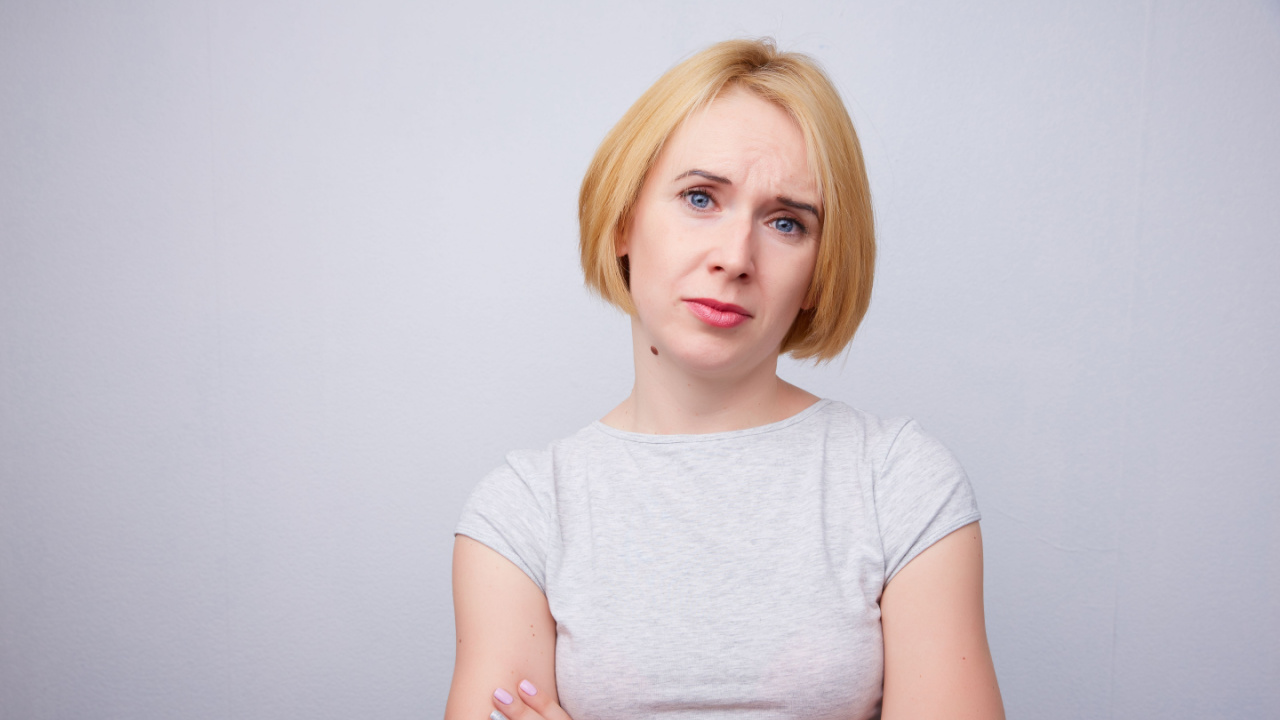
Despite having knowledge of manipulated content online, such as airbrushed photos, it’s difficult not to go deep into comparisons whenever you see the overwhelming achievements of others. Users rarely share low points and failures, implying an absence of problems. Consequently, many end up scrolling through the timeline with envy and regret about the state of their life.
2. Fear of Missing Out (FOMO): Understanding Social Media Addiction

FOMO has been around forever, but social media has exacerbated the feeling. What if you missed an update? How will you know what your peers are up to? These questions fuel more frequent social media usage, often termed as an addiction. The compulsion with which you may want to respond to every alert and update can become crippling.
3. It’s a Lonely World: Social Media Usage and Increased Isolation

Several studies have shown that social media platforms have ironically increased rather than decreased feelings of loneliness and isolation. If you prioritize interaction via social media over face-to-face or in-person contact, you will likely feel lonely. Posting happy selfies and sharing your thoughts on social media can distance you from real-life connections.
4. Vulnerability to Cyberbullying
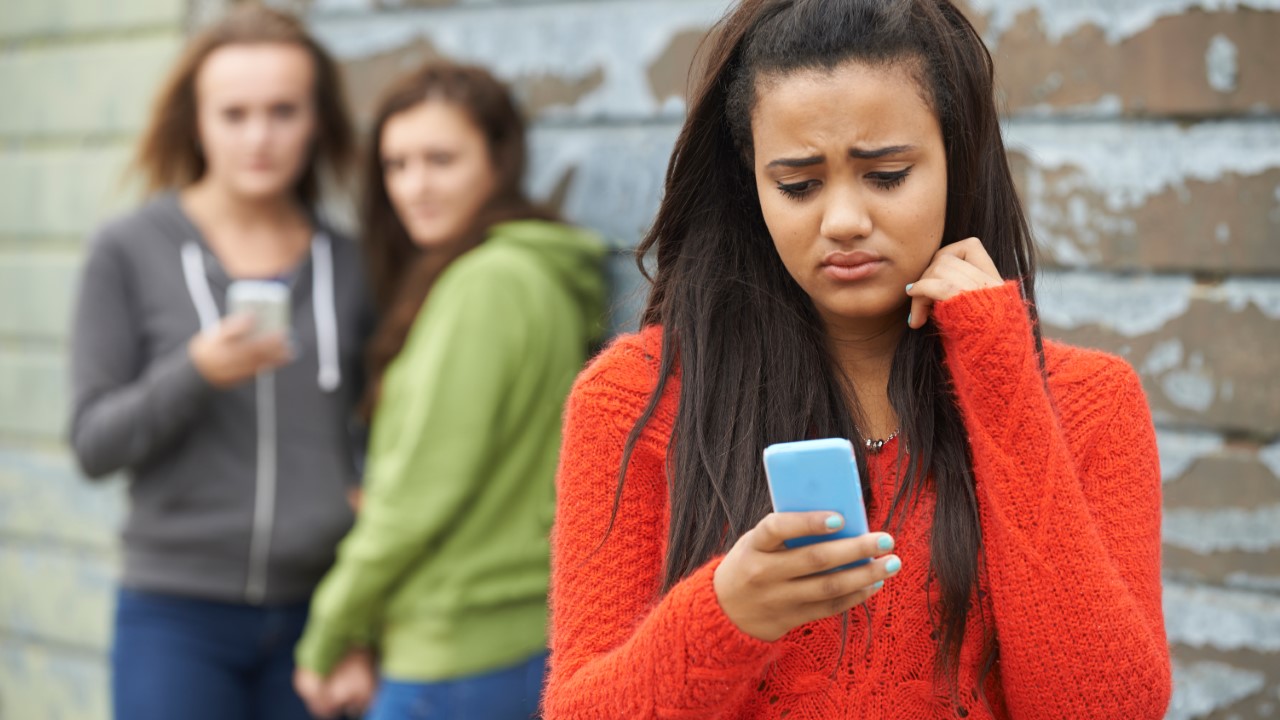
Like any social space, platforms like Twitter can be avenues for hurtful remarks and bullying. According to studies, 10% of teens report getting bullied online and subjected to offensive comments, rumors, and lies. It can leave many feeling helpless as they can’t control what is said about them online. Such emotional abuse can scar one for ages.
5. Can’t Stop The Feeling: How Social Media Gets You Glued to the Screen
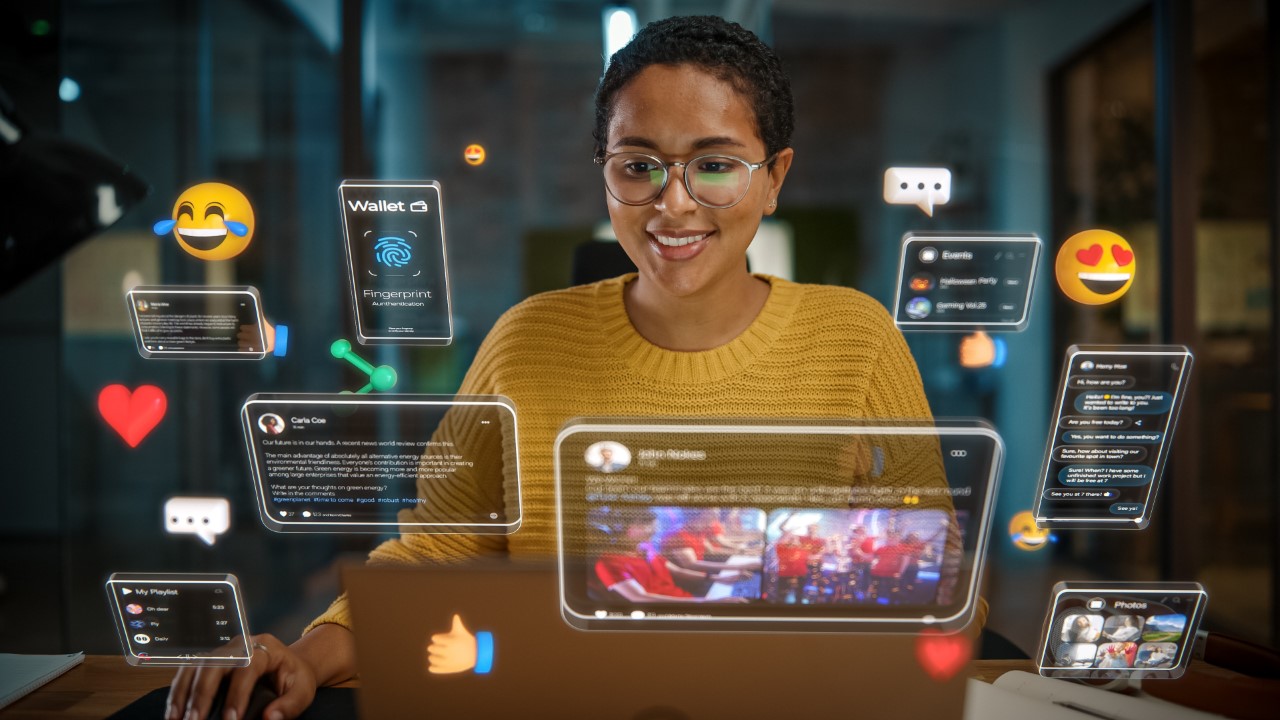
The apps are addictive by design as they offer us something the real world lacks: immediacy, direction, clarity and a sense of identity. There’s no shame if you’ve fallen down the rabbit hole, as it’s often implicit.
The app’s success rests on keeping users active and online. With the added convenience of tablets and smartphones, it’s easy to check your screen repeatedly for updates.
6. The Attention Divide
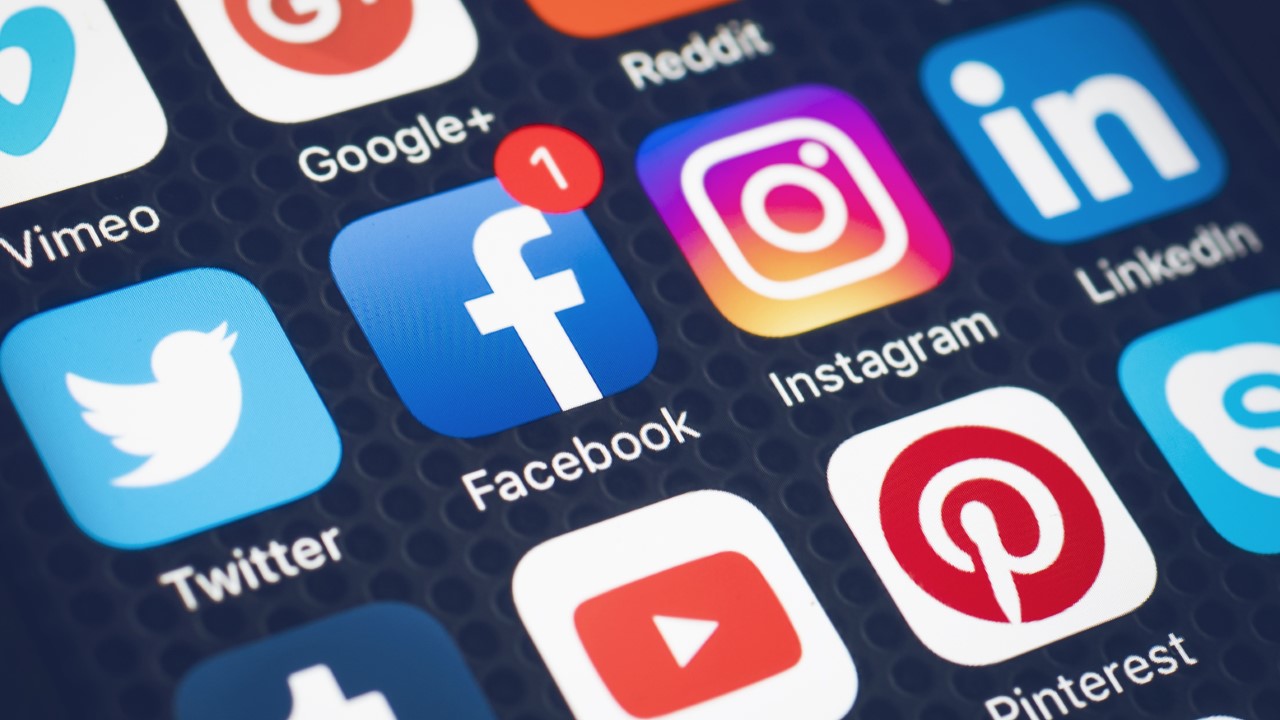
Nearly all social media platforms are designed to grab your attention. These days, most of us access social media via our smartphones or tablets. While this makes it very convenient to keep in touch, it also means that social media is always accessible.
You may be unable to focus or concentrate on real-life tasks as your attention remains divided, wondering what’s happening in your virtual social space.
7. Dopamine Doses: Likes, Comments, Shares
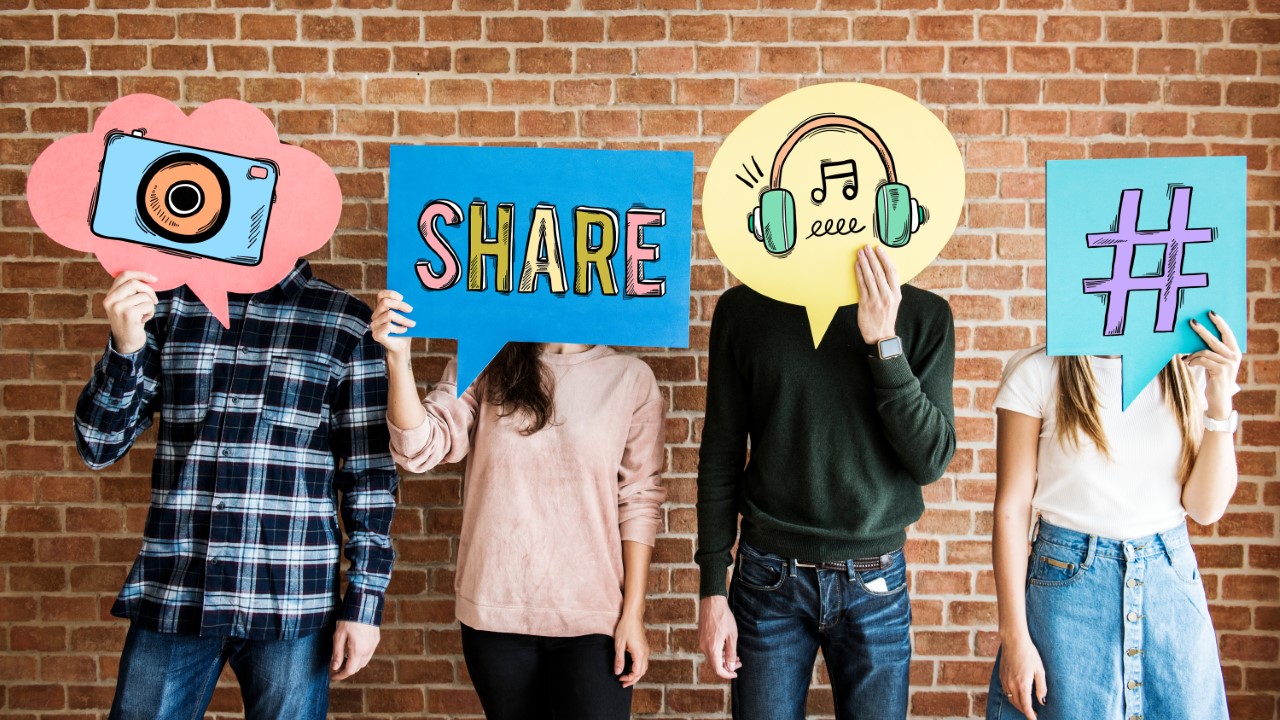
It’s no wonder that social media makes you feel good. You know, that kick you get when you see a like or a favorable comment on your post? That’s basically your brain releasing dopamine or the “reward” chemical. Curiously, it’s the same chemical that hits you when you win a gamble or have a bite of chocolate.
This feeling keeps you returning for more, even at the expense of other aspects of your life. These platforms rely on you revisiting the platform as you fall prey to such psychological cravings.
8. The Social Media Shield: Masking Discomfort
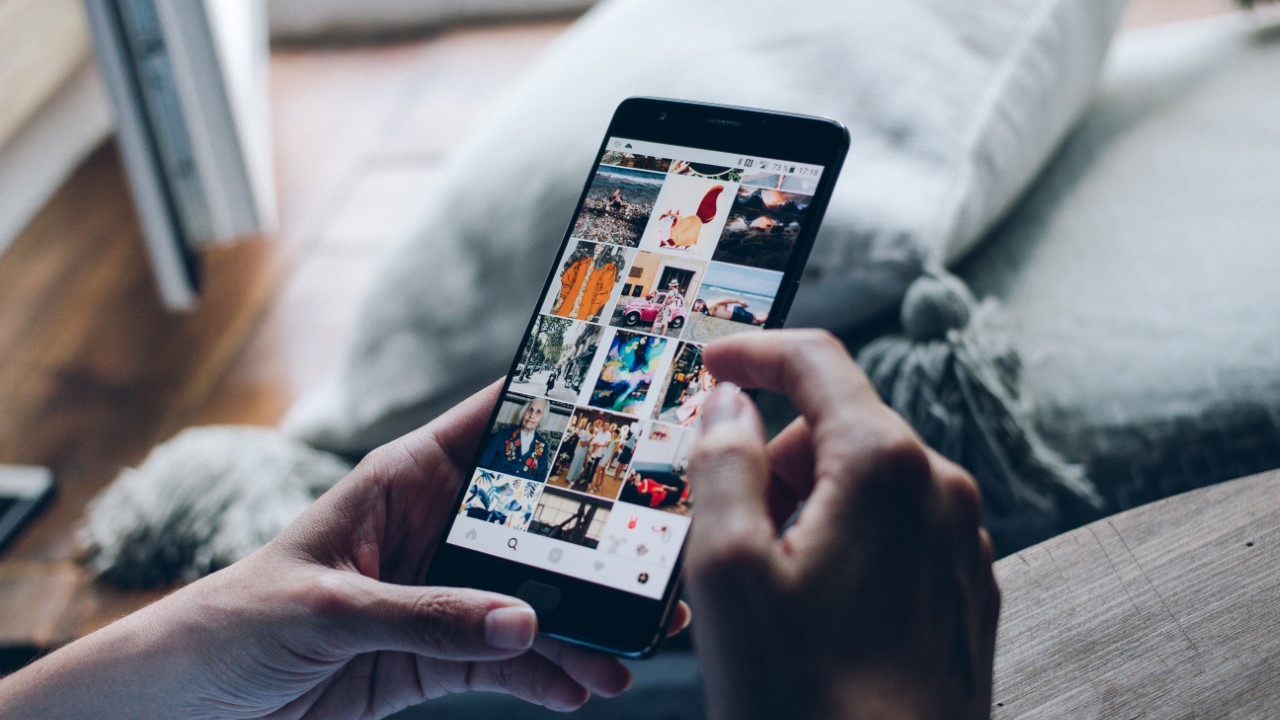
Do you ever find yourself scrolling endlessly during an awkward situation or in a bad mood? If so, you’re not alone. Many heavy social media users use online engagement to mask deep-rooted emotional problems. While your Instagram feed is an excellent distraction, it only shoves your unpleasant feelings under the rug instead of resolving them.
9. Social Media’s False Sense of Security
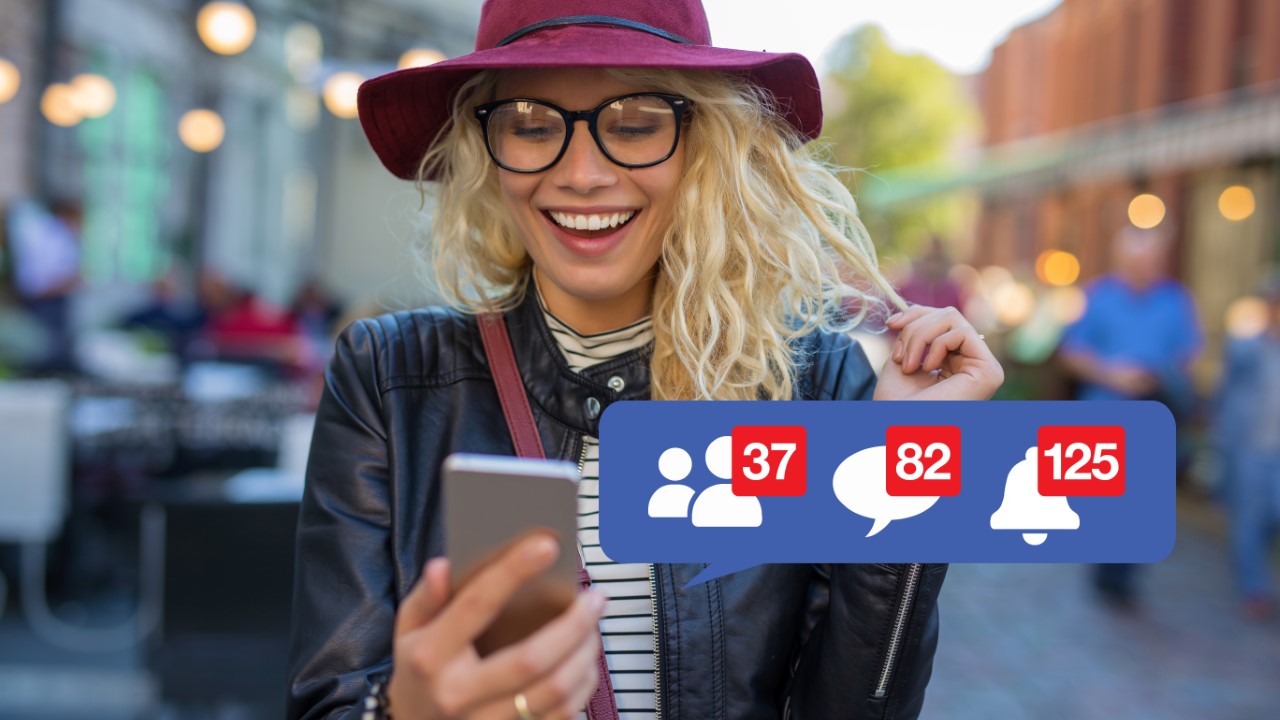
In a similar vein, many use social media as a “security blanket.” At times, this “blanket” helps us avoid deep-set insecurity. For instance, you may feel unsuccessful in life but overcompensate by posting self-applauding content online. Hence, logging onto Facebook has become the default coping strategy despite being no more than immediate gratification.
10. A Vicious Cycle

It’s a never-ending cycle. You go to social media to cover up the distress but leave feeling inadequate. Hence, you’re back to feeling unpleasant and resorting to social media again. Constant hyperconnectivity may trigger impulse control problems, and the downward spiral can go on infinitely if not stopped in a mindful and timely manner.
11. Signs Social Media Is Affecting Your Well-Being
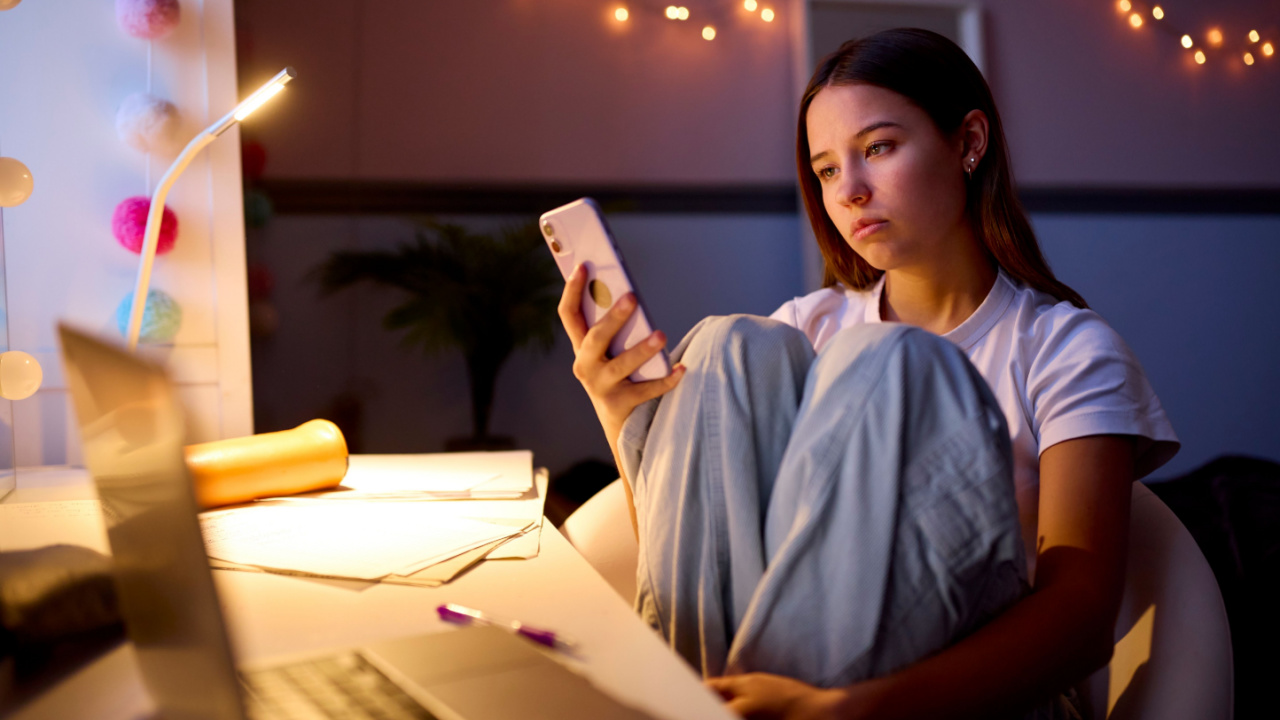
It may be hard to know if social media harms your mental health. However, some indicators can help you decide if your time online is doing you more harm than good.
Consider if you’re spending more time on social media than on real-world connections. If you feel compelled to check your notifications even during in-person interactions, you may be experiencing social media addiction. Similarly, you might struggle with focus or get distracted by the urge to check your account.
Additionally, if negative self-image has become a prevalent concern for you where you’re actively comparing yourself against unrealistic standards, you’re getting social media FOMO. Additional signs may include disordered mood, high levels of distress and anxiety.
12. It’s Not All Bad: The Upside of Social Media
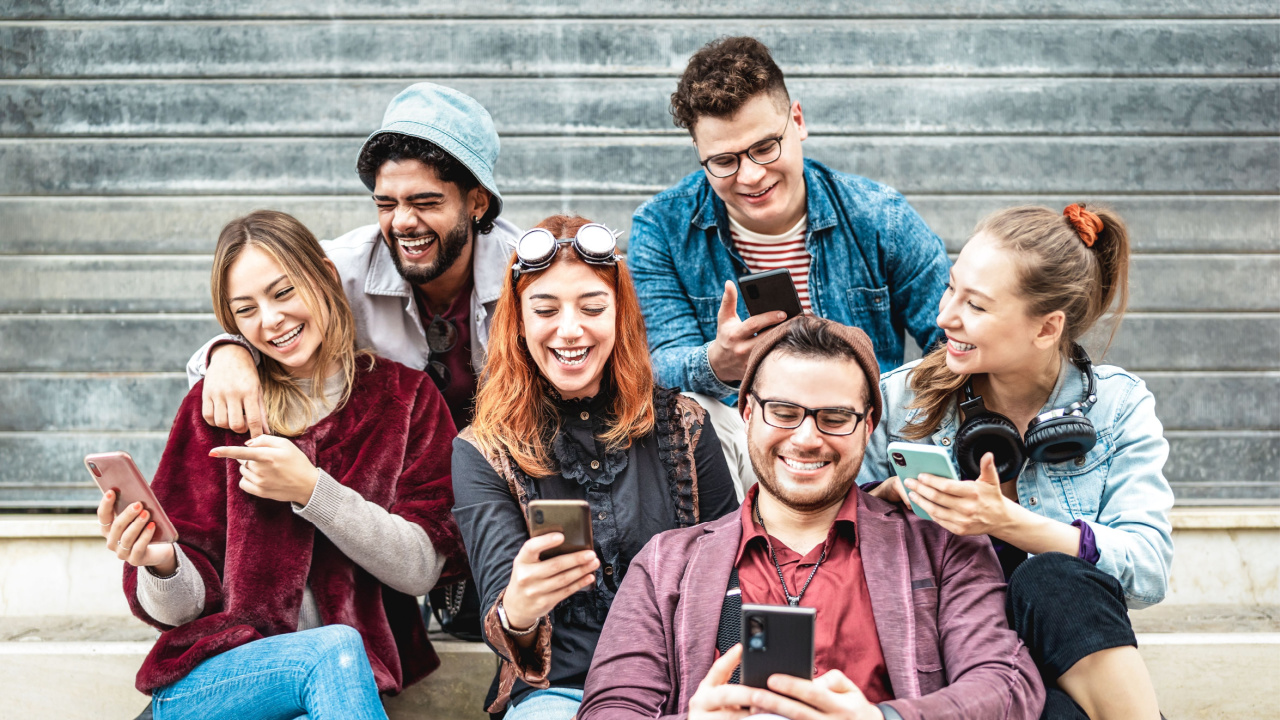
However, social media isn’t entirely bad. It’s excessive usage that often causes the problems, as mentioned earlier. With virtual social spaces, we won’t have many of the benefits that we do. Communicating with loved ones across the globe, fostering new connections, and having an outlet for self-expression are just a few of the doors this development has opened for us.
Not taking advantage of these features can be inconvenient; hence, it’s crucial to understand how to use social media moderately.
13. Balance is Key: Mindful Social Media Usage

No set amount of time or frequency of checking your notifications indicates unhealthy usage. You understand the adverse impacts of social media by reflecting on your online activity, mood, and other parts of your life. If you think the virtual world has put you in a sticky situation, some tips might help bring you to a balanced point.
From using tracking apps to setting aside specific hours for social media use, many techniques can help add structure to your online activity. You can also make rules for yourself, forbidding social media usage with friends or family. Lastly, you can turn off your notifications so you don’t feel compelled to check your account outside your designated hours.
Author: Natasha Newton (Natasha's Southern Flavor)
Natasha is the founder of Natasha’s Southern Flavor. She has a passion for sharing delicious family friendly low-carb recipes that are easy to make and use readily accessible ingredients. Natasha has published three bestselling cookbooks. Her books and recipes have been featured by CNET, Delish, Mindbodygreen, Parade and Women’s Health. She enjoys traveling and spending time with her husband, two adult children, and three furbabies.
Read more about Natasha here.
